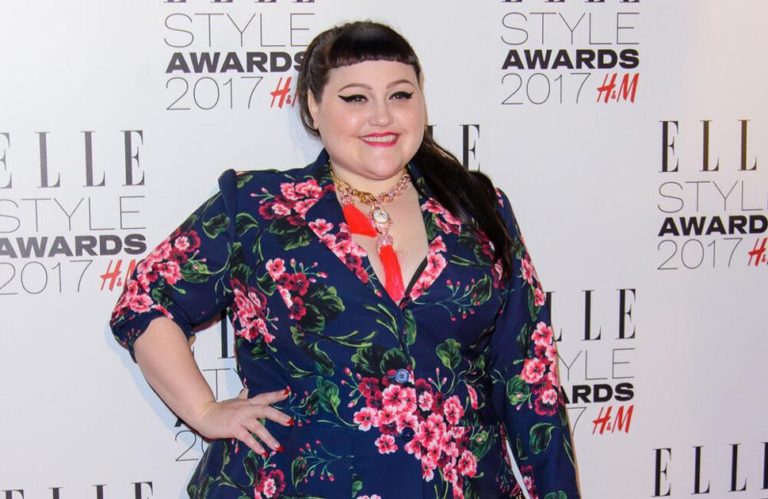

Beth Ditto felt as though she had “a duty to show other queer kids from small towns” that they could be out and proud once she found fame with her band Gossip.
The ‘Standing in the Way of Control’ singer grew up in a Southern Baptist area of Arkansas, which makes up part of what is known as the ‘Bible Belt’, a region of the Southern United States in which socially conservative Christianity plays a strong role in society and politics.
Beth – who moved out of her family home, which she shared with her mother and six siblings, to live with her aunt when she was just 13 – struggled to come out as a lesbian due to her Christian upbringing and she felt it was her responsibility to help other LGBTQ teenagers who might be experiencing the same discrimination she faced.
Writing in an article for TheGuardian.com, she said: “From a young age I wanted to do something that involved helping others, but I just didn’t know what it would be. Once I left Arkansas, I saw things more clearly. I saw that coming from a place in the Bible belt, below the Mason-Dixon line – a place where you’re being constantly reminded that God is watching and judging you – I had a duty to show other queer kids from small towns that it is possible to get the f*** out of there. When we started Gossip, this was the message I wanted to put out – that it’s easier than you think to escape situations that make you feel wrong or ugly or gross, or like you’re going to hell, that the world is bigger than you think, that you can be queer and be yourself and be happy.”
Beth, 40, has never fully comfortable being a “role model” to the LGBTQ community but she us happy to accept that title.
The musician is also pleased that there are now so many more openly gay, trans and non-binary stars than when she was growing up because it is so important that they are visible.
She said: “I’d say ‘role model’ was never a comfortable term for me, because I haven’t always said stuff in the right way, especially as I don’t come from an academic background. I’ve also changed my mind over the years; we’re only human and movements evolve and we keep learning. (Besides, who wants to be quoted when they’re turning 40 about something they said when they were 21?) But I’m very lucky I got to make music for a living, and I got to do it being openly queer, being fat and being femme.
“In the 2000s, there weren’t so many queer role models as there are today. We’ve especially opened up in terms of gender – the number of people who publicly identify as trans and non-binary is growing and that’s got to expand the way we think about gender in the most amazing way. But I think we still need more. We’re still not done. We need more trans men to be visible. More trans women of color. More trans men of color.”